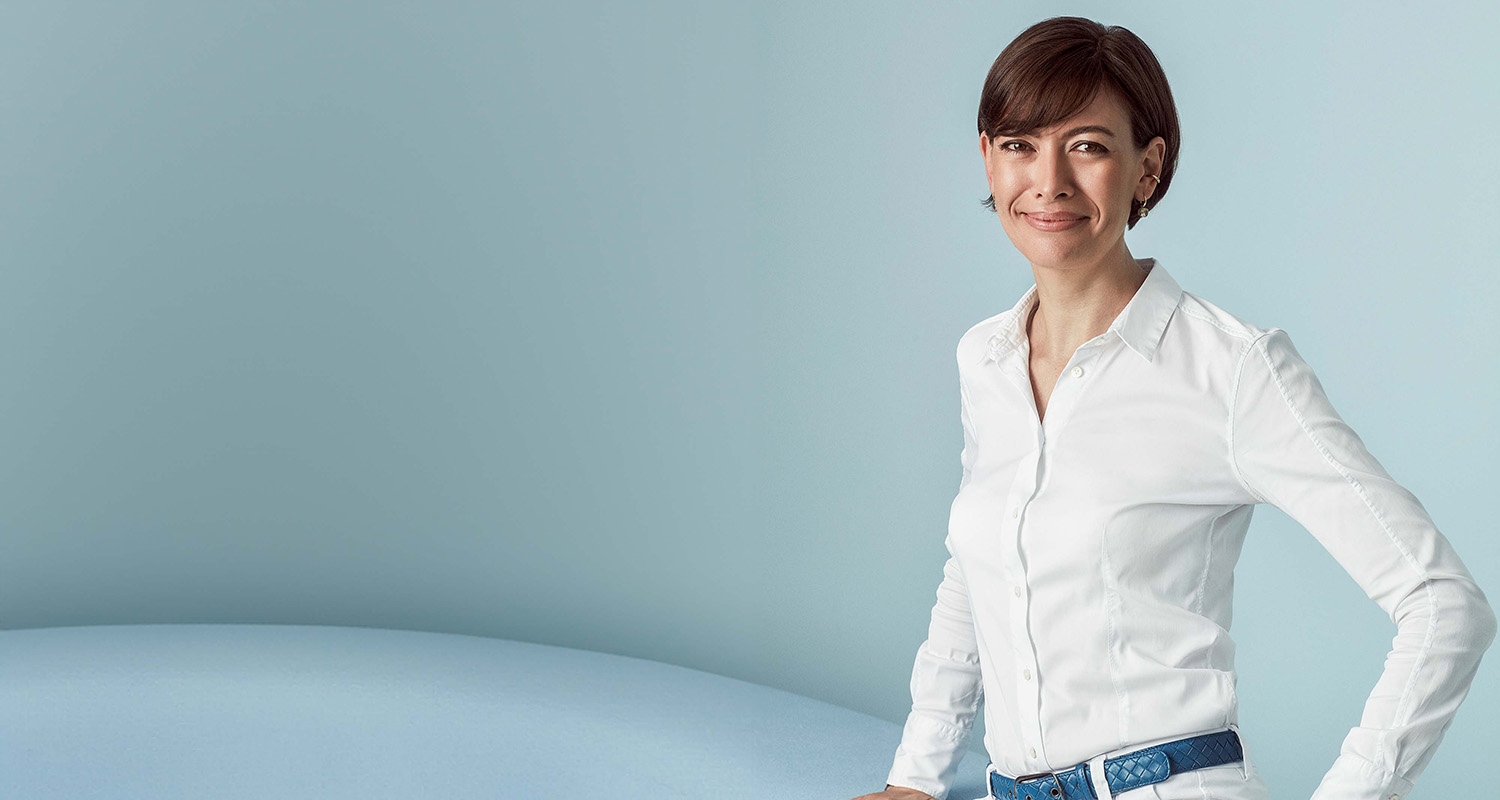
Ask a Medical Expert: The Lanserhof team on the joys of healthy eating
Food is the key to a long and healthy life. The Lanserhof team explains the transformative potential of a well-balanced diet.
March 14, 2024
We all know that an apple a day keeps the doctor away, but what do the experts have to say? We asked Katharina Sandtner, medical director at "Lanserhof Lans", and Salla Schmilewski, nutritionist at "Lanserhof Sylt" just how we can be sure we are eating a healthy diet.
Is it possible to have an unhealthy diet even if you eat healthy food?
Yes. A healthy diet is not just about the quality of our food choices but also about the timing of our meals. For example, if we do our best not to eat any fruit or raw vegetables after 4 pm, we are on the right path. The capacity of our digestive system is reduced in the late afternoon and evening, and it can struggle with hard-to-digest foods. These include salads, nuts and large quantities of pulses. This can often lead to the formation of gas and intestinal discomfort and can also put strain on the liver.
What are the biggest misconceptions and misunderstandings about nutrition?
- "Raw food is best" – Not true. Prolonged sitting, inadequate chewing and insufficient salivation can contribute to excessive gas formation and bloating. Many people have a weak digestive system and sensitive intestines, and may experience discomfort from eating raw vegetables. They should opt for gently cooked vegetables instead.
- "Potatoes make you fat" - Also a misconception. Boiled or baked potatoes make an excellent, satisfying, and, most importantly, alkaline vegetable accompaniment. What matters is how the potatoes are prepared. They can contribute to weight gain if they're fried in a lot of fat.
- "Brown eggs are healthier than white eggs" - Also incorrect. The color of an egg is solely dependent on the breed of the hen that lays it.
- "Eat numerous small meals throughout the day" - You often hear that eating more frequently throughout the day is a good idea. However, although it may be beneficial for children and individuals who are unwell, it can lead to digestive strain and even metabolic disruptions in healthy adults.
Intermittent fasting is all the rage these days. Is it really a good idea?
Intermittent fasting such as the 16:8 method has become very popular and actually has many benefits, particularly when practiced by skipping dinner. Studies suggest that regular fasting can reduce the risk of chronic diseases – including type 2 diabetes, cardiovascular diseases, neurological diseases and cancer.
Read more: 5 selected recipes from Lanserhof Tegernsee

This article appeared in the Falstaff TRAVEL issue Winter 2023/24.

